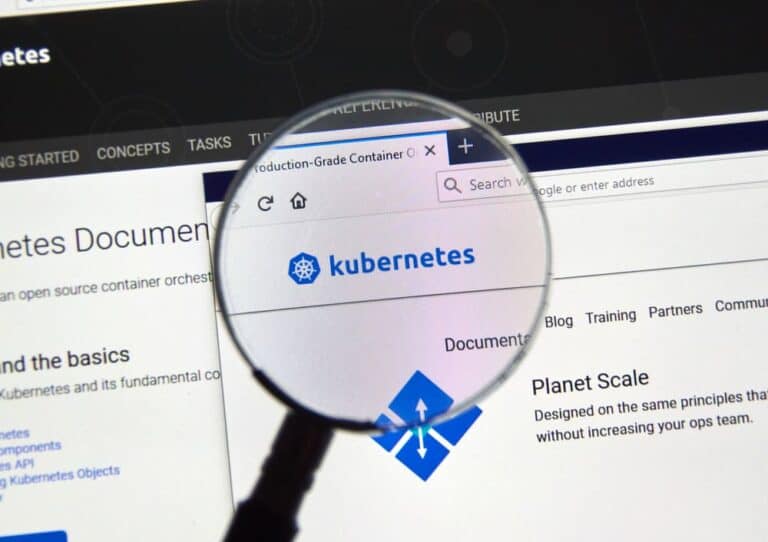D2iQ is expanding the capabilities of Kubernetes Platform (DKP). Version 2.5 offers a more streamlined user experience, better assistance and strengthened security. The update will become available this month.
In a press release, the cloud platform vendor explains several major improvements. First, the “federalization” of application management for multiple clusters. Companies can use a multitude of Kubernetes clusters for various reasons. For example, an additional cluster can provide more availability and higher performance. Still, a company will want to maintain top-level visibility, which D2iQ addresses. With DKP 2.5, it will be easier to operate the fleet of clusters in a centralized manner, resulting in more consistency across the IT infrastructure. D2iQ also wants to make the move to multiple clusters easier, even when Kubernetes systems from different vendors are in play.
Copilot
D2iQ also talks about a “copilot,” as we have seen before with Office 365 and more recently with GitHub. Even though the company does not mention artificial intelligence, it promises users “superpowers” in solving Kubernetes problems. DKP Insights’ analytical tools are comprehensive, AI or not. The assistant can identify the cause of a problem and prevent downtime by solving them ahead of time. To ensure security, workloads are verified based on standards established by the U.S. nonprofit Center for Internet Security.
Next, D2iQ talks about enhanced monitoring tools. This is made possible by official support for the Istio service mesh. This allows measurement of latency, traffic, system errors and overall system load.
Ready-made
The design of DKP 2.5, according to D2iQ, is that organizations have a turnkey solution for platform engineering. The service has a high degree of “self-service” that solves all kinds of problems even before an IT person needs to get involved. This makes it easier for these employees to focus on higher-value tasks.
In addition to the improvements already mentioned, DKP 2.5 will support Rocky Linux. For additional secure environments, DKP documentation is now also available in PDF form, eliminating the need for an online connection in case of any system issues.
Also read: Kubernetes 1.27 arrives with ‘Chill Vibes’
